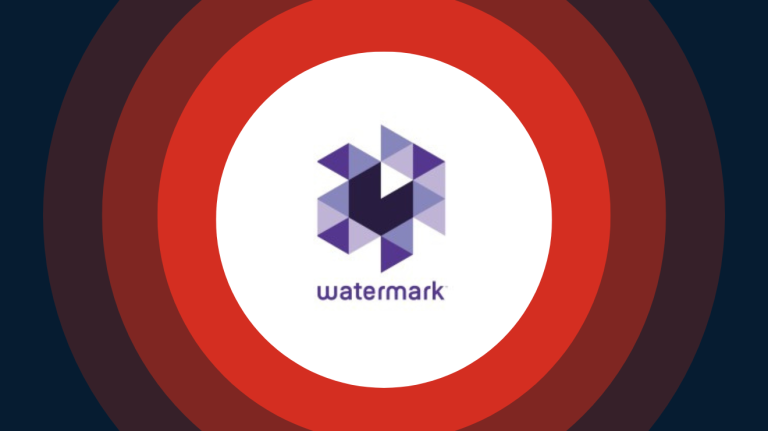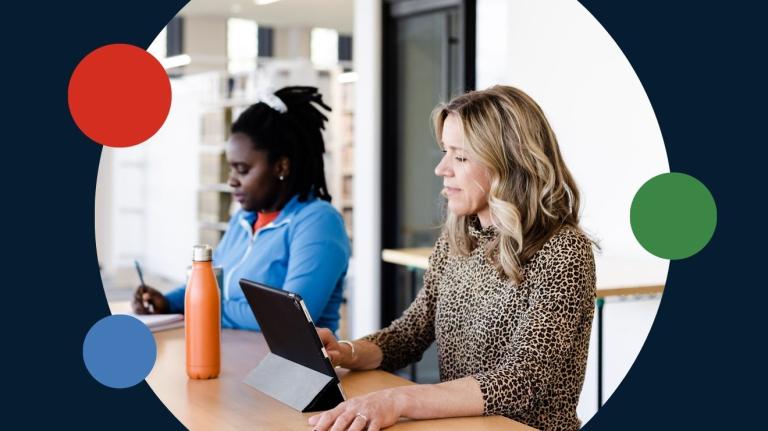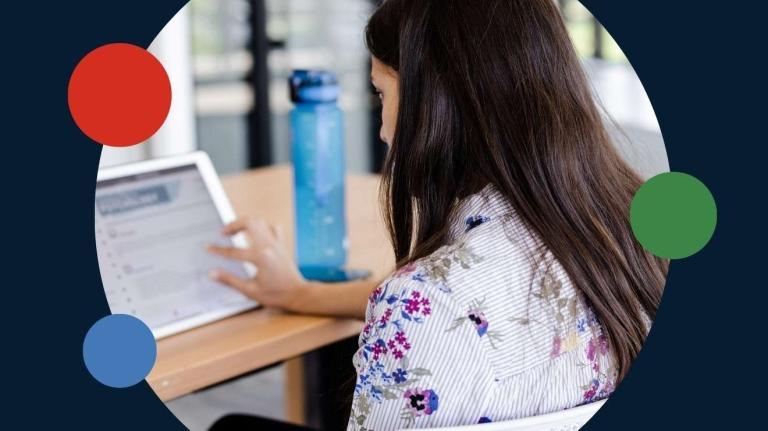By the time a third-grade student reaches college, the world will be different from the one they know currently. As students embark on their learning journeys, they must adapt to new innovations that impact their prospective careers. In a constantly evolving world, new technologies and industries continue to affect the framework of how we live, learn, and work. With longer life spans and longer careers, adult learners and professionals are pursuing learning experiences more continually.
In this article, we’ll examine lifelong learning and its role in continued academic growth and development.
What is Lifelong Learning?
At its core, lifelong learning is the concept of learning through every stage of life, from the first day of school to the last day of work. It’s primarily associated with androgogy, the adult learning theory. Adult learners are finding ways to learn throughout their academic and professional lives to sharpen past skills, develop new competencies, and foster self-growth. Adult learners fall into four learning types:
- Learning to become better at what they do
- Learning to keep pace with changes in technology
- Learning for personal enjoyment
- Learning to develop career skills
Whether returning to school for an additional degree or to complete a certification, lifelong learning has its benefits. Here are four main benefits of lifelong learning:
- Upskilling and Re-skilling
- Professional Development
- Workforce Engagement
- Building Connections
Strategies to Foster Lifelong Learning
With a growing interest in learning opportunities among adult learners, institutions and organizations are embracing the culture of continuous learning. These institutions offer equitable, targeted, and flexible learning opportunities to support lifelong learning. Now, more than ever, learners are taking advantage of flexible learning options to expand their knowledge base in a flexible way. With online learning, these opportunities become more accessible to those with busy lives. Let’s take a look at key strategies to foster lifelong learning on a digital platform:
Identify Learning Gaps: Understanding where the learner is before approaching a new academic goal is essential to their success. Leverage prior skills and pre-assessments to identify existing learning gaps.
Tailor Learning: Of course, different learning pathways require different skill acquisitions. Targeted learning journeys focus on the specific skills needed to complete a course, certification, or degree. Tailoring learning is essential at any level, aiding development where needed.
Foster a Learning Culture: Use learning initiatives to foster a culture of ongoing learning and development. Recognizing learning and achievement with rewards and badges. For more information on building a successful credentialing system, take a look at how to establish a badging standard.
Encourage Collaboration: Mentorships and other peer-to-peer programs drive learning through knowledge sharing. Academic programs facilitate growth by fostering collaboration between experienced learners and those who can learn from them.
The Role of Canvas in Lifelong Learning
Today’s learners are targeting learning opportunities that are skills-based and offer flexible course/program modality and self-pacing. Whether it’s informal, formal, or self-directed, lifelong learners are finding opportunities in three go-to ways:
- Knowledge transfer by accredited institutions (Universities & Colleges)
- Centralized platforms distributing education (MOOCs & LMS)
- Decentralized instruction validated in an individual’s wallet (Learner owns the journey)
A learning management system (LMS) is key in enhancing adult learning, providing equitable access to education, and empowering professional populations to continue learning. A learning management system like Canvas LMS supports connections between adult learners and their instructors, mentors, and peers.
Learners can monitor their progress, submit assignments, communicate with educators, and access resources and learning materials, ensuring they remain on their learning pathways. Additional Canvas product family tools, such as Canvas Catalog and Canvas Credentials, ensure adult learners find and access continuing education programs through a cohesive learning environment.
To learn more about the latest higher education methodologies and how to strengthen the adult learning experience, view our Guide to Strengthening the Student Experience.
Related Content
 canva-watermark-blog-thumbnail.png
canva-watermark-blog-thumbnail.pngBlogs
 igniteai_agent_1.jpg
igniteai_agent_1.jpgBlogs
 item_authoring.jpg
item_authoring.jpgBlogs

